It’s time to present the winners advancing animal-free science! PETA Science Consortium International e.V. has given awards this year to numerous researchers who embrace animal-free testing methods. These awards—for travel, training, or new technologies—help provide researchers with the tools they need to pursue careers in non-animal science and stay updated on the latest developments in the field.
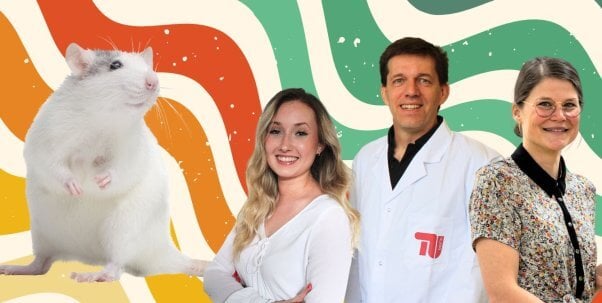
Who Won Awards in 2024? Learn More Below
Lifesaving technology shows that inhalation tests can and should be conducted without using animals.
Three researchers gave their laboratories an animal-friendly update after winning free equipment from the Science Consortium that can help replace the use of animals in tests to examine what happens when humans inhale a substance. In these tests, rats are squeezed into tiny tubes and forced to inhale toxic chemicals. Inhalation toxicity tests kill an estimated 1 million animals each year.
The equipment winners include scientists from XCellR8 in the U.K. and, in Germany, the Technische Universität Berlin and the Fraunhofer Institute for Toxicology and Experimental Medicine.
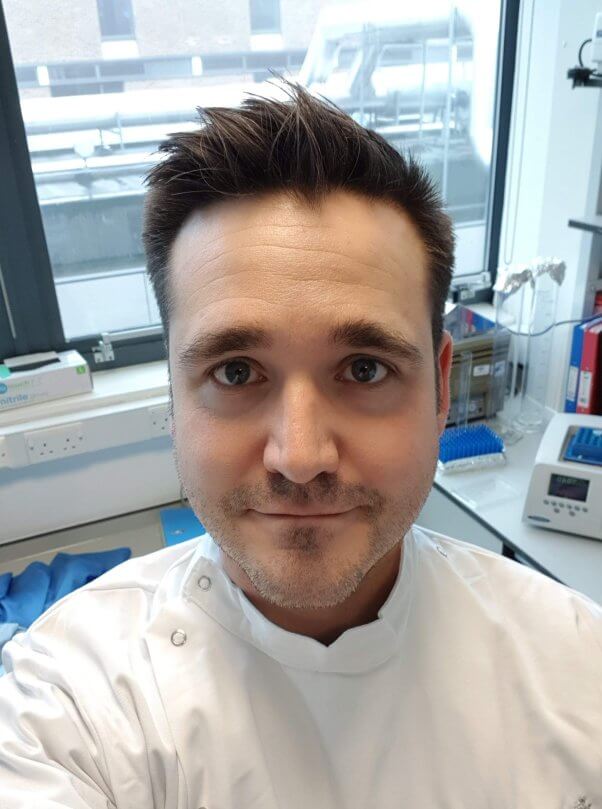
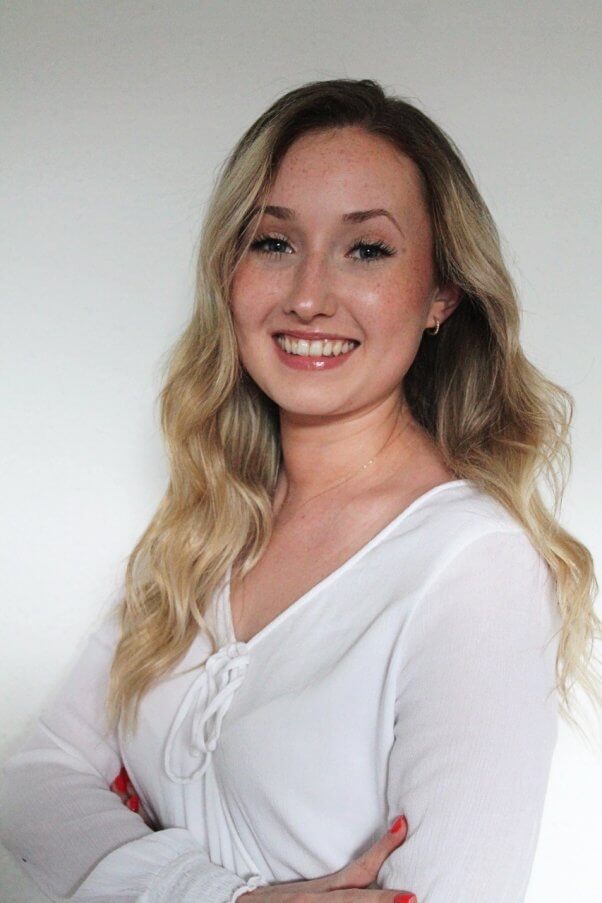
A researcher at the Slovak Academy of Sciences received a $15,000 award redeemable for human cell-based models by Epithelix. These human respiratory tissue models, which mimic various regions of the respiratory tract, can be used instead of animals to test the effects of pharmaceuticals, industrial chemicals, pesticides, and household products. This occasion marks the third time the Science Consortium and Epithelix have teamed up to offer this innovative technology award.
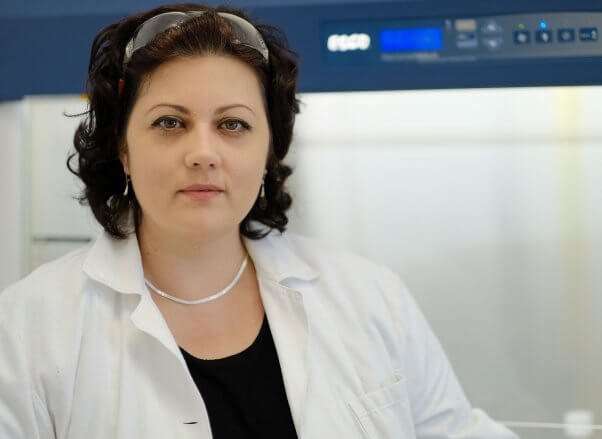
Accolades for awardees who are removing animal-derived ingredients from labs
Testing on cells in petri dishes is one way to assess the toxicity of chemicals without testing on animals. However, growing and testing those cells in laboratories require solutions that often contain animal-derived ingredients.
Congratulations are in order for a scientist at the Luxembourg Institute of Science and Technology who received the Science Consortium’s Early-Career Scientist Award for her work replacing the use of animal-derived components in cell cultures.
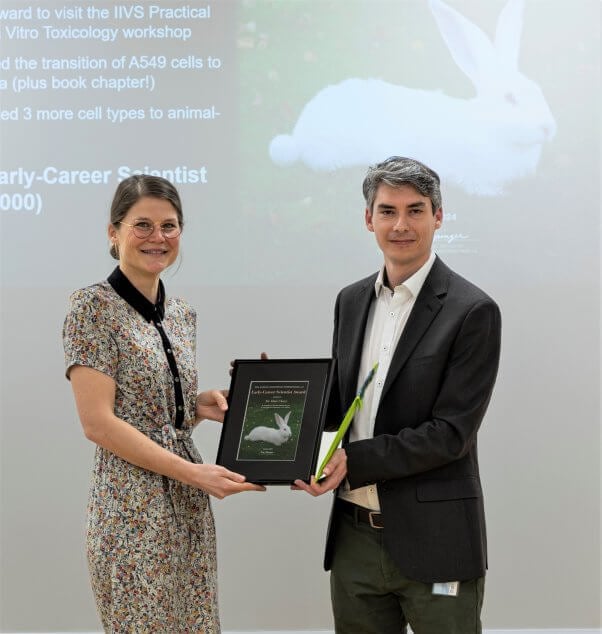
One of the Science Consortium’s aforementioned 2024 equipment winners—a researcher from the Technische Universität Berlin—also received a cash award to help him run a laboratory where students can practice using cells that aren’t reliant on fetal bovine serum or other animal-derived ingredients.
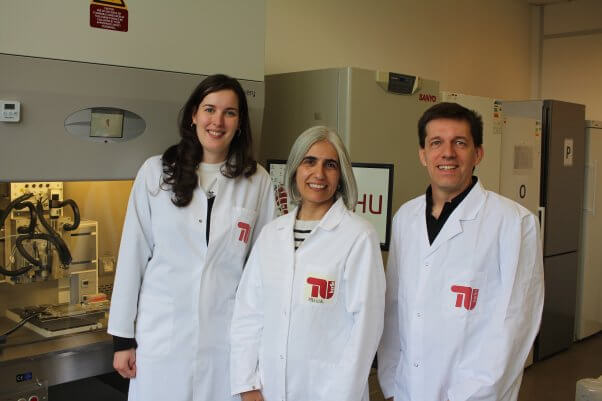
The Science Consortium awarded eleven scientists hands-on training on how to test chemicals without using animals.
Scientists from all over the world—including researchers from the U.S. Environmental Protection Agency and the U.S. Department of Defense—attended a four-day training course on in vitro methods in toxicology at a prestigious non-animal testing and training laboratory in Gaithersburg, Maryland.
Designed to help scientists better understand how toconduct and apply the latest animal-free test methods, the training included informative lectures by experts and hands-on experience in the laboratory. The Science Consortium–sponsored training courses are held several times a year.
Previous attendees of this course have continued to do outstanding animal-free research. A Science Consortium award recipient from 2019 now heads the first laboratory in Argentina equipped to conduct non-animal tests that meet international standards. This year, she’s again the recipient of a grant from the Science Consortium. This funding will help her implement methods to replace the use of tests in which animals are injected with chemicals.
Most recently, the Science Consortium chose the winners of its travel award for early-career scientists interested in attending the European Society of Toxicology In Vitro’s Applied In Vitro Toxicology Training Course. The winners, from ToxHub in Italy and the University of Kaiserslautern-Landau in Germany, will have the opportunity to learn about—and gain hands-on experience with—non-animal methods at the course in November.
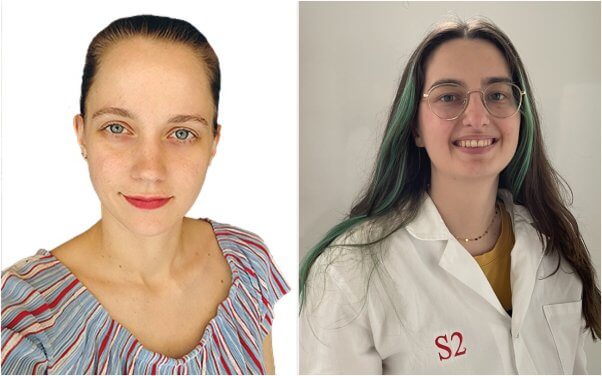
The Science Consortium has provided several other awards and grants, and this is just part of its effort to advance animal-free science.
For more than 10 years, this global team of scientists has worked with industries and government agencies to replace animals in toxicity tests, published scientific papers, organized and hosted webinars and conferences, and more. The Science Consortium is an award winner itself, having received multiple honors for its important work.
The post Meet PETA Science Group’s 2024 Award Winners From Around the World appeared first on PETA.
This post was originally published on Animal Rights and Campaign News | PETA.